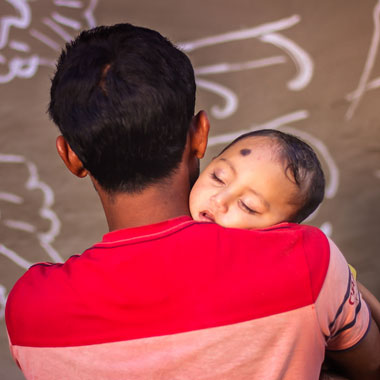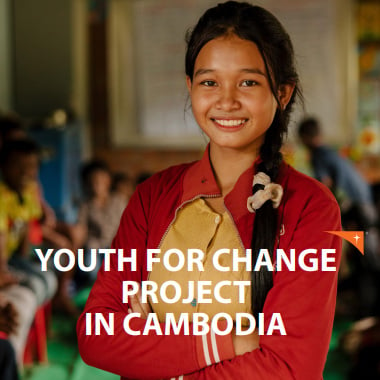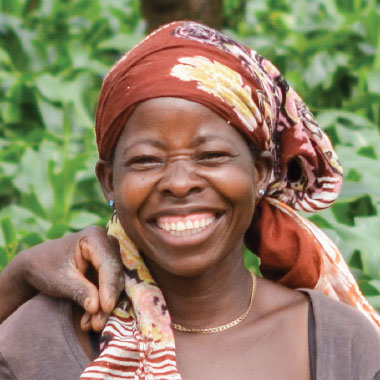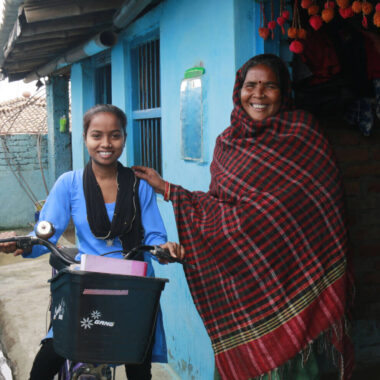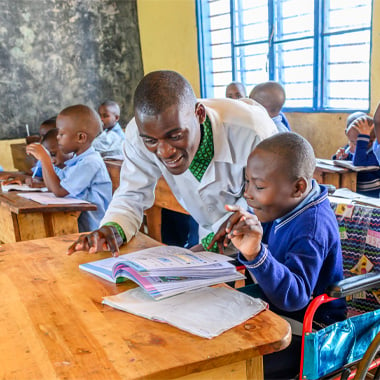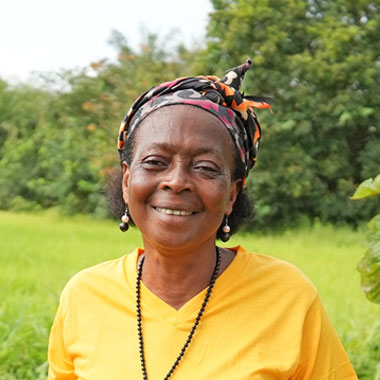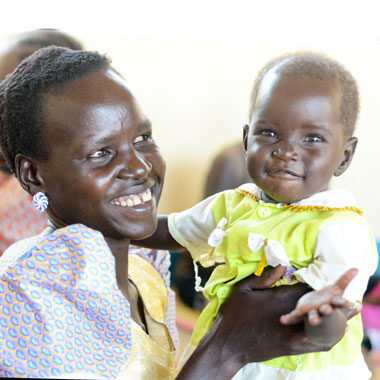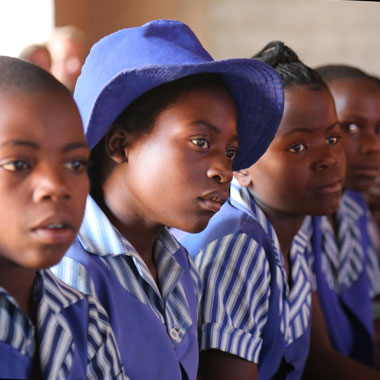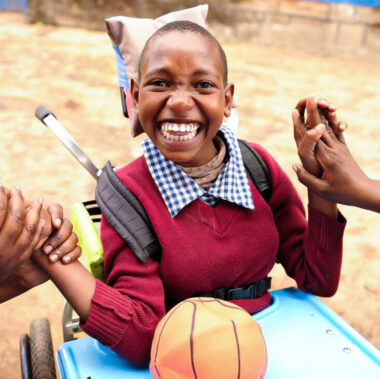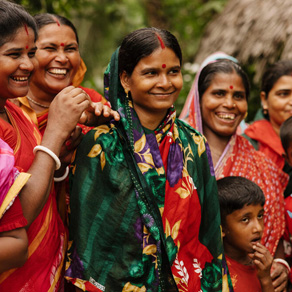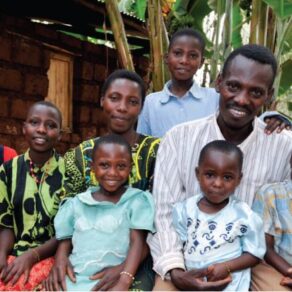
Promising Practices in Gender Equality and Social Inclusion
Advancing gender equality and social inclusion (GESI) is critical to achieving World Vision’s mission of serving the most vulnerable. Producing evidence of impact that is GESI-responsive is core to this mission. The following promising practices provide evidence from World Vision programs on what works in integrating gender equality and social inclusion in our work.
Bangladesh
This document presents a promising practice on integrating GESI into the
USAID-funded Nobo Jatra (New Beginning) project in Bangladesh, focused on improving gender equitable food security, nutrition, and resilience of vulnerable communities. GESI was considered a cross-cutting theme critical to the implementation of all project activities as well as an integral stand-alone pillar with targeted interventions on male engagement and youth development. This promising practice focuses on the evidence of impact on the extent to which male engagement activities resulted in GESI transformation.
Cambodia
The Youth for Change project empowers Cambodian adolescents and youth to become agents of positive change by building their life skills, leadership capacity, and confidence, while fostering supportive relationships with peers and adults. It engages vulnerable youth through inclusive activities like sports and clubs, promoting resilience, community participation, and long-term well-being.
Malawi
This GESI promising practice focuses on World Vision’s Empowered Worldview programming in Malawi. Empowered Worldview is a faith-based behavior change approach to economic well-being that empowers resource poor households and communities for sustained well-being of children.
Nepal
The SIKAI Project (‘learning’ in Nepali), supported by the Australian Government through the Australian NGO Cooperation Program (ANCP), aims to ensure that the most vulnerable children access and participate equally in education and achieve equitable learning outcomes in basic education. It works to improve education access, participation, and achievement for children in and out of school, with a specific focus on addressing inequalities related to caste, disability, ethnicity, religion, and gender.
Rwanda
This GESI promising practice highlights the USAID Uburezi Iwacu (Homes and Communities) project, which improved children’s literacy — particularly for children with disabilities — by creating safe, stimulating, and literacy-rich home and community environments. The project expanded access to literacy resources, strengthened the role of parents and caregivers in educational decision-making, and increased the participation of all children, with a focus on those with disabilities.
Sierra Leone
The USAID-funded Women Empowered for Leadership and Development (WELD) program in Sierra Leone worked to empower women and advance their socio-economic and political leadership in Sierra Leone, working to address social and cultural barriers to women’s civic engagement and economic advancement. This promising practice present evidence suggesting the WELD project supported, empowered, and helped promote women’s social, political, and economic rights as well as equal and inclusive engagement.
South Sudan
This promising practice shares evidence on the success of integrating GESI into the public healthcare system in Western Equatoria, South Sudan, through a Health Pooled Fund-funded project. The Evidence suggests that the project strengthened the health system and referral mechanisms at all levels of health care and improved the health status of women, children, and other vulnerable groups, including persons with disabilities and survivors of gender-based violence.
Uganda
This GESI promising practice highlights Becoming One, World Vision’s faith-based approach to preventing intimate partner violence in Uganda. The project strengthened couples’ relationships, enhanced communication, improved financial well-being, and fostered peace and mutual respect. As a result, it contributed to the overall well-being of couples and their families while effectively preventing intimate partner violence.
Zimbabwe
This document presents the WASH UP! Girl Talk program, funded by Dubai Cares Foundation, as a promising practice in integrating GESI into water, sanitation and hygiene (WASH) programming in Zimbabwe. The project empowered primary school-aged children (pre-adolescent and adolescent girls and boys) to practice and promote healthy WASH behaviors, particularly around menstrual health and hygiene.
Multi-country
This document highlights the work World Vision has done across five priority areas: inclusive education (Georgia); inclusive health (South Sudan); inclusive livelihoods and social protection (Sri Lanka); strengthening engagement with organizations of persons with disabilities (India); and inclusion in situations of conflict and crisis, including from climate change (Iraq and Uganda).
Multi-country
The Promoting a Unified Response to and Prevention of Sexual and Gender-Based Violence (SGBV) in Emergencies (PURPOSE) project was implemented in two pilot countries, Bangladesh and Kenya, between 2020 and 2023. It incorporated onsite and global collaborative networking, research, learning, and adaptation. Insights obtained from these pilot countries, along with related networking, research, and learning, serve as a blueprint for scaling this initiative globally, effectively addressing SGBV in diverse contexts.
SGBV mitigation
In this document, the Faith Actors Consortium to End Sexual and Gender-Based Violence (SGBV), highlights promising practices that detail essential elements of faith-led SGBV prevention, protection, and/or response programming, alongside examples of innovation used to promote replicability, scalability, and sustainability within SGBV programming.

